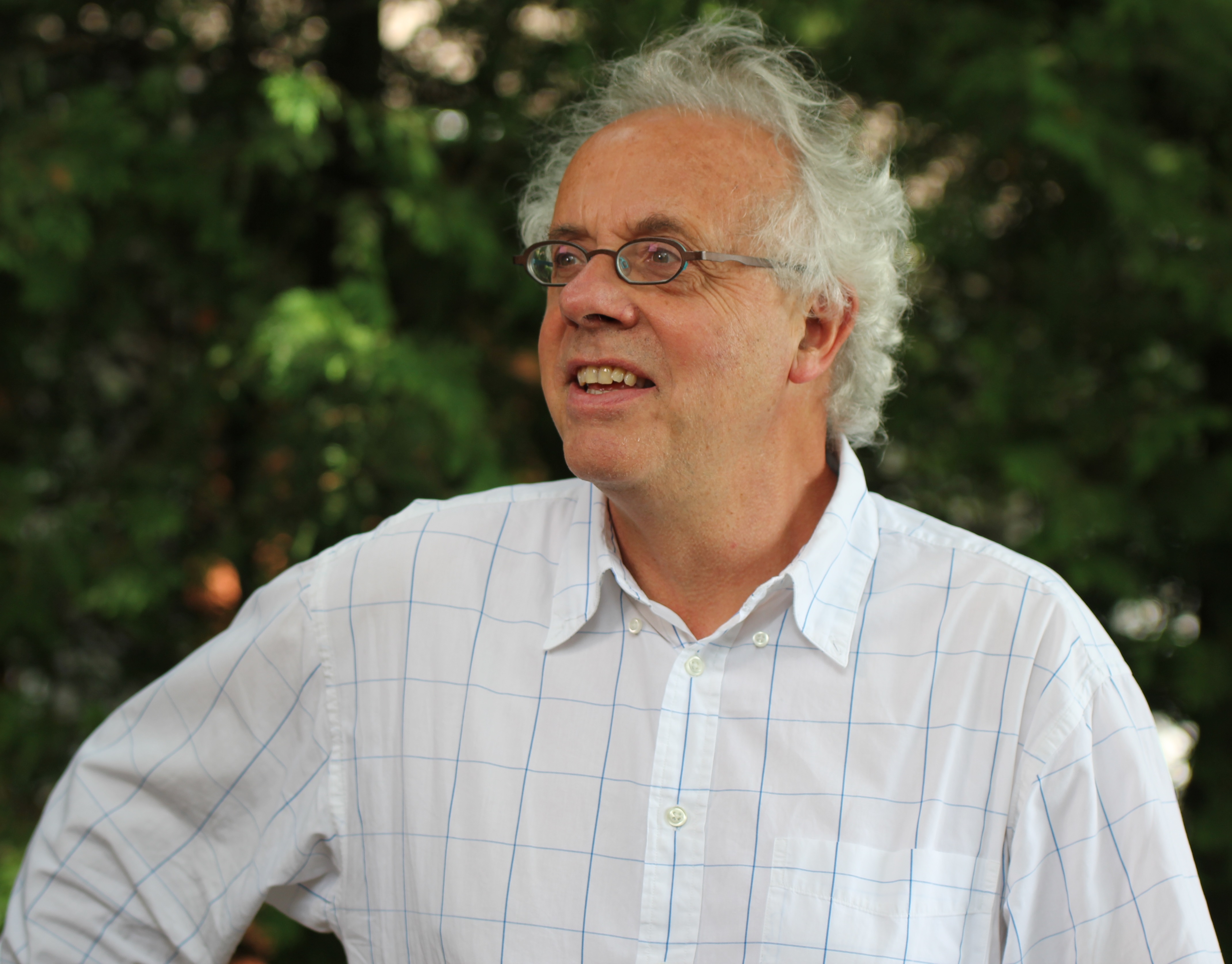Both antimicrobial resistance and climate change are manmade disasters that we have failed to confront, says Richard Smith
 Climate change and antimicrobial resistance are huge problems with much in common. We have known about both for 50 years or more and have talked about them a great deal but done little. Both are happening slowly, although both are accelerating. Both are the result of excessive consumption. Neither can be solved by technical fixes, and both need a response from “all of society”—governments, businesses, and individuals. Both suffer from the free-rider problem: I’ll carry on using antibiotics for poor reasons and hope others don’t do the same; I’ll continue to fly and eat meat but hope others will stop.
Climate change and antimicrobial resistance are huge problems with much in common. We have known about both for 50 years or more and have talked about them a great deal but done little. Both are happening slowly, although both are accelerating. Both are the result of excessive consumption. Neither can be solved by technical fixes, and both need a response from “all of society”—governments, businesses, and individuals. Both suffer from the free-rider problem: I’ll carry on using antibiotics for poor reasons and hope others don’t do the same; I’ll continue to fly and eat meat but hope others will stop.
I first wrote about antimicrobial resistance in The BMJ in 1998 after attending a conference of European Union chief medical officers on the problem. The editorial begins: “We screwed up, and we ought to say so and apologise. Doctors were handed the wonderful gift of antibiotics but are destroying them through indiscriminate use. We don’t need another committee. We know what to do: we should just use them less.” So spoke Norman Simmons, emeritus consultant microbiologist from Guy’s Hospital, London, to a tremendous round of applause at last week’s panEuropean meeting in Copenhagen on antimicrobial resistance.”
The article ends: “All of this is a challenge to Europe. It will be easy to keep talking while the problem worsens. Effective action will not only ameliorate a major problem but will also demonstrate that different groups within Europe can work together on difficult issues. Unusually, I’m optimistic.”
Oh dear, I was cynical then, but I’m much more cynical now. There have been some actions, some reductions in some places in the use of antibiotics, but we have largely done what is easy: “keep talking while the problem worsens.”
I wrote about “overpopulation and overconsumption” in 1993, and launching the journal Medicine and Global Survival in that same year wrote: “Most of us are aware . . . that overpopulation, overconsumption of energy, and environmental degradation threaten the earth’s survival—yet most of us cannot think about these facts often or for too long. But if our attention is constantly diverted these problems will never be solved.”
The editorial emphasised how the problems were interlinked and had to be tackled together. (Since then overpopulation, although still a major driver of climate change has faded into the background—for political reasons.) I don’t quote these pieces to show how advanced I was; rather the opposite—although it was a quarter of a century ago, I was coming late to the understanding.
In 1994 I wrote on what was then called climatic change: “Doctors are failing to understand that the world is changing around them in a way that must fundamentally alter their thinking about health and disease. They have not grasped that the world may be approaching the point at which it can no longer support the growing population and its need for food, water, and energy. If doctors are serious about their commitment to the health of populations they will need to pay a great deal more attention to overpopulation, environmental destruction, and militarism. This apocalyptic message came earlier this month from Professor Tony McMichael of the London School of Hygiene and Tropical Medicine at a conference on climatic change and human health organised by Medact, the British organisation that concerns itself with the major threats to global health and security.”
The editorial goes on to explain climate change and discuss what the effects on health might be. It concedes that the effects are uncertain but concludes: “we are talking about very serious outcomes that have high probabilities, and doctors should surely be in the vanguard of action.” Doctors have organised and taken actions, but we could not claim to be in the “vanguard of action.” Again, there has been more talk than action.
Nobody has spoken more effectively on the dangers of antimicrobial resistance than Sally Davies, who was until recently England’s chief medical officer. She has made clear that the end of antimicrobials will mean the end of much of modern medicine because of the dependence on antibiotics for surgery, chemotherapy, intensive care, and other medical activities.
Davies says that the threat of antibiotic resistance is as great as that from climate change. I’m not keen on playing the game of which disaster is bigger or which disease more important, but when I hear Davies’ assertion something in me rebels. The loss of antibiotics and with them most of modern medicine would be a catastrophe, but I can’t help reflecting that we have only had antibiotics for 60 years. Human beings have lived for 200 000 years without them. In contrast, climate crisis has the potential—even the probability—to render human beings extinct within a century.
Richard Smith was the editor of The BMJ until 2004.
